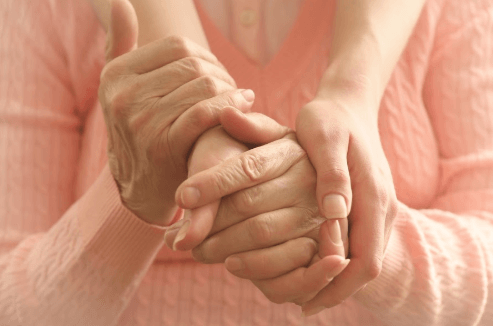How You Can Prevent, Recognize, and Report Elder Neglect

Elder neglect is a type of elder abuse where a caregiver does not fulfill their patient's basic needs. Neglect has many forms, and can be difficult to identify, but it is no less serious than other forms of abuse. The ability to prevent, recognize, and report elder negligence will contribute greatly to an older person's health and well-being.
Prevent
Ideally, you can prevent elder negligence by researching a care facility before committing to it. Not only should you read online reviews but you should also personally visit the facility to get an idea of how it functions. A lot of negligence occurs because of understaffing or the staff not being appropriately trained. Before you choose a facility, ask questions about the caregivers as you tour the facility until you feel comfortable with their competence.
Another common form of negligence is the lack of appropriate safety features. Make sure the facility you visit has plenty of handrails to prevent a fall. Even a single fall can be extremely dangerous, and the danger should not be ignored. Ask about various safety measures until you know that the facility is as safe as possible.
Choosing a safe facility is the number one way to prevent negligence, so do not commit until you are sure you have found somewhere safe that can fulfill your needs. Ask the hard questions, inspect the facility, and look at the other residence to gather the information you need to make a well-informed choice.
Recognize
Recognizing elder neglect can be difficult, as the signs aren't always obvious. However, if an elderly person does not receive the care they need, it is neglect. Even accidental cases can count as neglect and should be reported as soon as discovered.
As stated above, most neglect occurs because the facility is understaffed. A staff member may not have the time to perform their duties thoroughly if they are overscheduled. If not cared for, a resident of the facility can show poor personal hygiene or develop bedsores.
Other common signs of neglect include:
- Malnourishment
- Lack of, or incorrect dosage of, medication
- Injuries
- Sleep problems
- Personality changes
Report
You do not need evidence to report negligence, so do not hesitate. All facilities should have a relatively simple way of reporting issues, and you should use it before things get serious. Once you file your report, the facility may change its practices before you have to go to court.
If the facility ignores your report, or does not address it correctly, you can call for more serious measures. You can contact your local ombudsman to investigate your case. They will follow state procedures as they research your claim, and they can help you avoid escalating the situation to a large court case.
Other resources include the National Center of Elder Abuse and the elder abuse and mistreatment segment of the U.S. Department of Justice Office for Victims of Crime.
If you are still not satisfied, you can contact the local police and social services to investigate. If you believe your case serious enough to bring to court, contact an attorney to advise you through the process.
Elder neglect is prevalent across the globe, and it is harmful to everyone involved. Though prevention is always preferred, there are plenty of resources to consult if you believe you or someone you know is being neglected. Keep watch for common signs so you can stop the abuse before it gets serious.
If you need legal assistance, Borbi, Clancy & Patrizi is committed to protecting you or your loved one from neglect or abuse. Contact us now for a free consultation.
